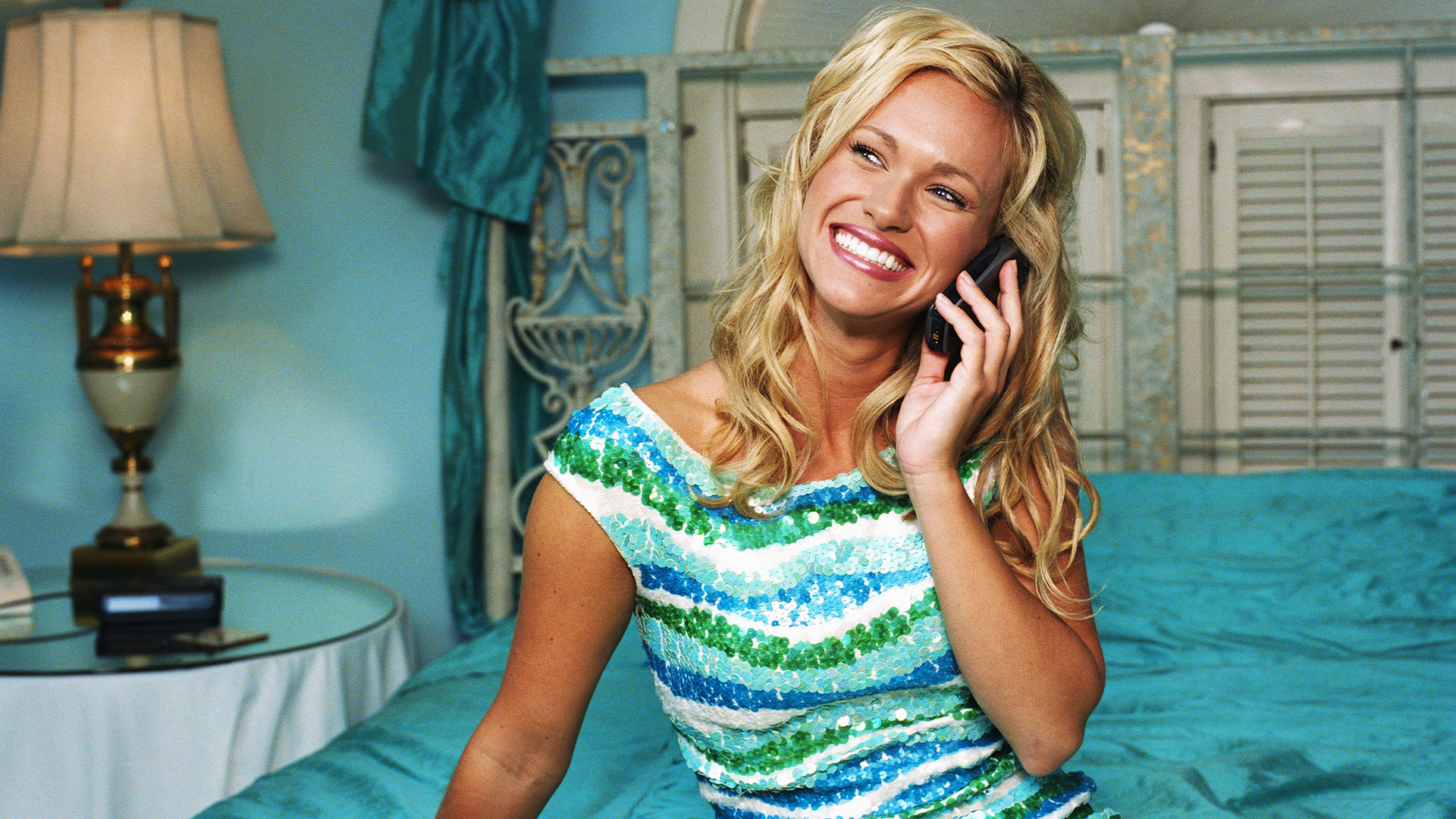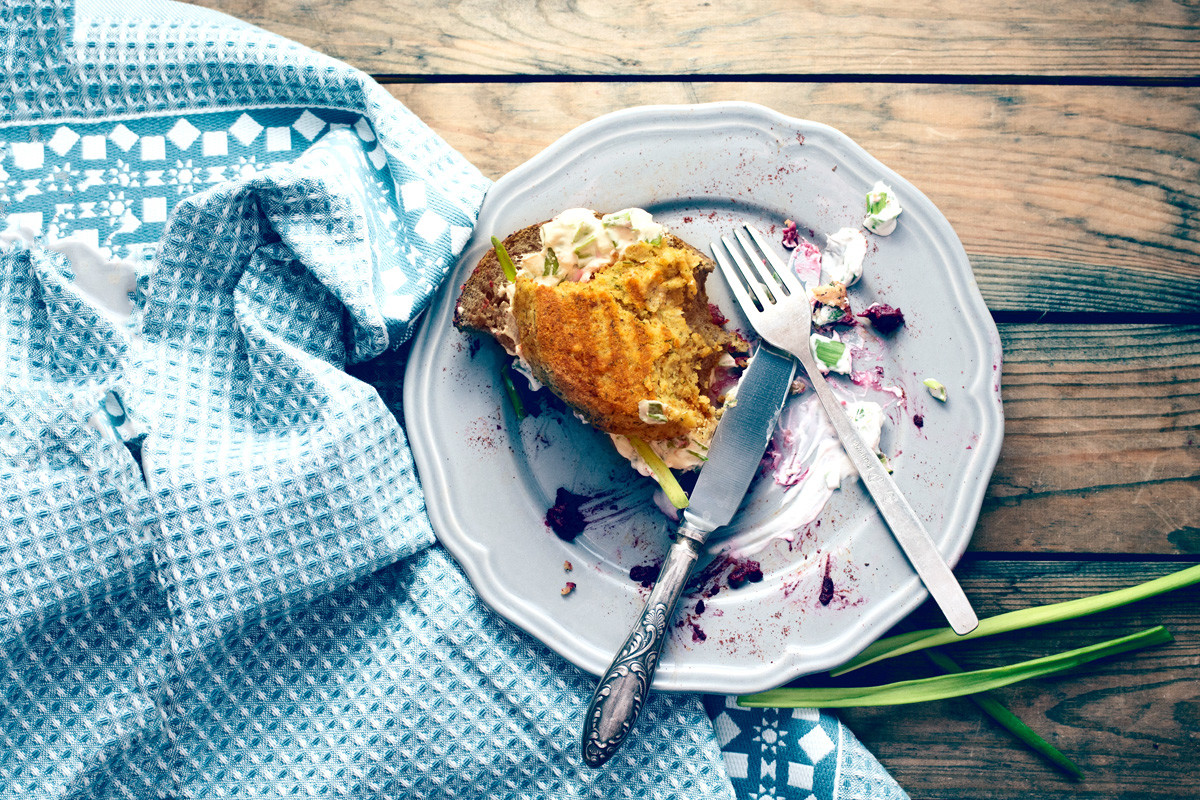7 foreign habits considered rude in Russia

7. Slurping at the table

6. Leaving food on a plate

In some countries it’s suggested that you leave a little food on your plate, and if you eat everything it means you want more. In Russia, people still remember the lean years, so your meal should be eaten completely. In some restaurants, you may even be asked why you didn’t finish the dish, and it might be considered an insult to the cook. By the way, leftover food is usually not thrown away. Stale bread is given to birds, and soup to homeless dogs.
5. Not treating a woman to dinner

At the same time, however, a woman in Russia might offer to pay for herself, but this is a kind of test. If the man doesn’t insist on paying for her, she’ll regard this as stinginess and most likely will not give him a second date. However, if a woman truly insists that she pay her own bill, it probably means that she truly doesn’t want to be treated to dinner, and there is absolutely no chance of romance.
4. Forgetting to take your shoes off at home

The same goes for home clothes. Usually one has a change of clothes, and it's not pajamas, which are only for sleeping. A bathrobe is worn after showering, or in the morning. In general, Russians like to change clothes and don’t understand how one can spend the whole day in the same outfit.
3. Going outside in workout clothes

Although Russian women are often accused of overdoing it, (don’t be surprised to see girls wearing heels no matter the occasion and season), it’s not acceptable to go shopping in pajamas or gym clothes.
2. Failing to visit friends and invite them over

Hospitality is highly appreciated in Russia. If you go to a city where you have a friend, for example, on a business trip, and don’t call him, then expect that he‘ll be offended. Or if you live in the same city and don’t visit each other often, this will also raise questions about how close you really are. In Russia, you don’t need to plan in advance to spend time with friends.
By the way, the same goes
1. Insincerity

In America if you’re asked, “How are you?” then you might expect to hear, “Fine;” but in truth, no one really wants to know. In Russia, such behavior comes across as insincere. If you don’t want to hear about their problems, then why ask? It’s better to keep silent. So, when a Russian asks you, “how are you?” prepare for a long story and be ready to tell yours.
Going to Russia? Check out these 10 things you should never do here!
If using any of Russia Beyond's content, partly or in full, always provide an active hyperlink to the original material.
Subscribe
to our newsletter!
Get the week's best stories straight to your inbox